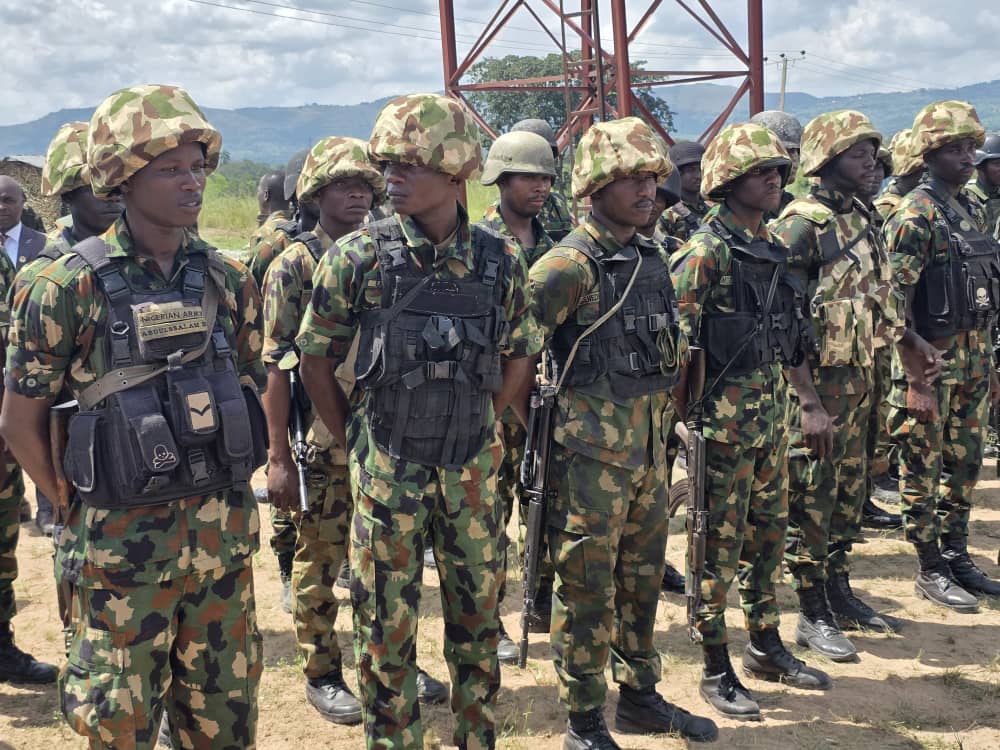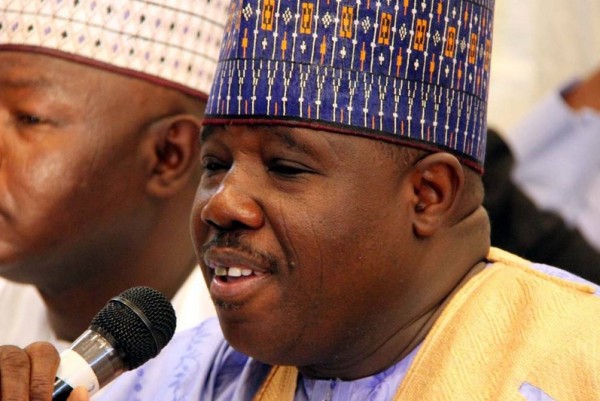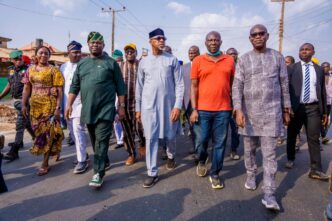BY CHIONYE HENCS ODIAKA
The unfortunate killing of Brigadier General M. Uba, the Brigade Commander of the 25 Task Force Brigade in Damboa, by ISWAP terrorists has sparked widespread reactions across social media and public discourse. Many of these reactions, driven by emotion and limited understanding, have pointed accusing fingers at the Nigerian government and the military. Some have even gone as far as calling the incident a national disgrace.
However, such conclusions are founded more on sensationalism than on a grounded understanding of military operations, warfare realities, and the unpredictable nature of conflict. Permit me to say that many of those making these claims do so from a place of deep ignorance about the complexities and dangers military personnel face daily.
The truth remains that there is absolutely nothing to blame the Nigerian government or the military for in this tragic incident. While the loss of a senior officer is painful, shocking, and deeply regrettable, it is also part of the inherent risks associated with military operations anywhere in the world. War is not a straight line. It is fluid, unpredictable, and often shaped by sudden shifts that even the best armies cannot always anticipate.
Advertisement
To place this in perspective, even the most technologically advanced and well funded militaries have suffered similar losses. A notable example is Major General Harold J. Greene, a high-ranking U.S. Army officer who was killed in Kabul, Afghanistan. This was not an officer operating on the fringe of a battlefield, he was in a controlled training environment when the fatal attack occurred. Beyond this, numerous American field-grade officers, colonels, lieutenant colonels, and majors, lost their lives in both Afghanistan and Iraq despite the United States possessing some of the world’s most sophisticated weaponry, intelligence infrastructure, and surveillance capabilities.
This singular reality underscores one truth, no military on earth is invincible. No armed force, no matter how well equipped or highly trained, is immune to ambush, battlefield surprises, or tragic losses. Conflict zones are unpredictable landscapes where even the best laid plans can be upended by sudden changes in enemy tactics, terrain dynamics, or intelligence gaps.
Instead of drawing hasty conclusions or peddling sensational narratives, what Nigerians should be doing is offering support, encouragement, and prayers for our officers and men who continue to put their lives on the line. Despite the numerous constraints they operate under, including limited resources, challenging terrain, and evolving terrorist tactics, the Nigerian military has performed remarkably well. In many respects, they have proven themselves even more resilient than some of their better-equipped counterparts in foreign militaries.
Advertisement
Consider the experience of NATO. This is a military alliance comprising several of the world’s most advanced nations with cutting edge combat technology and world class intelligence capabilities. Yet, throughout NATO’s extended presence in Afghanistan, they still ended up ceding nearly half the country to the Taliban. This was not due to incompetence but due to the complexity of the terrain, the resilience of the enemy, and the inherent unpredictability of asymmetric warfare.
In contrast, the Nigerian Armed Forces, despite facing similar challenges and having fewer resources, have refused to surrender a single inch of Nigerian territory to terrorists. Instead, they continue to take the battle directly to the enemy, reclaim territories, dismantle insurgent networks, and significantly degrade terrorist capabilities across multiple fronts.
This resilience deserves recognition, not condemnation. These soldiers are not just fighting to protect geographical boundaries, they are fighting to preserve the sovereignty, safety, and future of our nation. Their sacrifices, though sometimes tragic, form the backbone of Nigeria’s continued unity and stability.
This is why, despite the painful and regrettable loss of Brigadier General Uba, we must commend the Nigerian Armed Forces for their courage, tenacity, and unwavering commitment to defending our country. Their work is deeply challenging, often underappreciated, and far more complex than many imagine from afar.
Advertisement
Rather than spreading fear, exaggeration, or despair, we must learn to value, appreciate, and support our military. Criticism without understanding is not patriotism; it is ignorance. What Nigeria needs at this moment is a united voice that uplifts those who place themselves in harm’s way for the rest of us.
My heartfelt condolences go to the family of the late Brigadier General Uba.
May his soul rest in peace.
Chionye Hencs Odiaka is an emergency management professional & political commentator. He can be contacted via [email protected]
Advertisement
Views expressed by contributors are strictly personal and not of TheCable.




